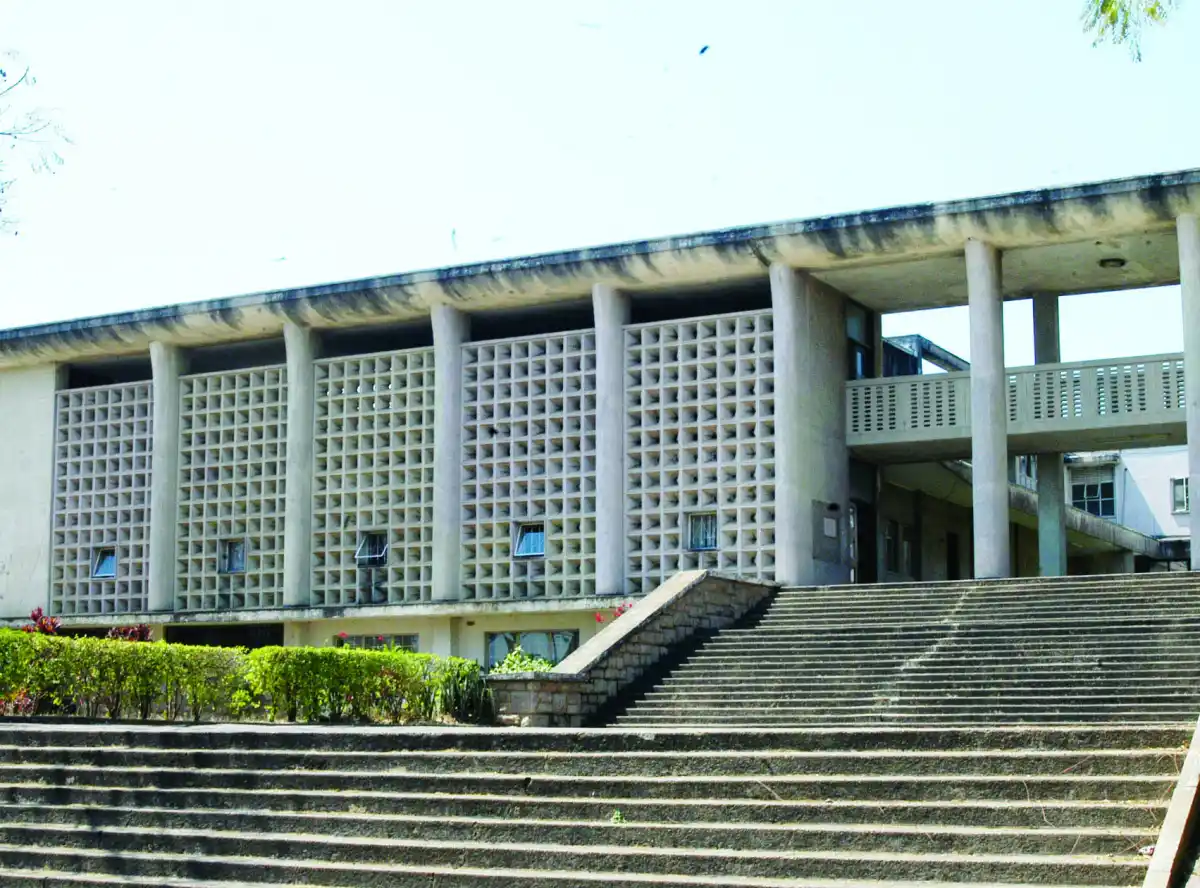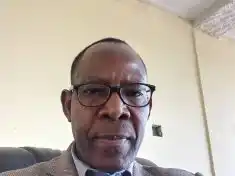
The Commercial Division of the High Court sitting in Lilongwe Thursday outlawed the Delivered Duty Unpaid (DDU) method of importing fuel into the country.
DDU is a trade term where the seller ensures goods are delivered to a specific destination. The seller pays all transportation expenses and assumes all risks during transport. The buyer is responsible for paying all import duties and additional transportation costs.
High Court Judge Charlotte Malonda delivered the judgement in a case in which Fuel Tankers Operators Association was challenging the use of the DDU incorterm or any other method other than ex-tank by National Oil Company of Malawi (Nocma).
In her judgement, Malonda has declared that the DDU method of importing fuel into Malawi, or any other method not objectively assessed and transparently approved by the Malawi Energy Regulatory Authority (Mera) to align it with the law, is illegal.
According to Malonda, the DDU method of importing fuel is not transparent and, instead, it is amenable to distortion and abuse.
“It is declared that the DDU method of importing fuel into the country is disadvantageous to the Malawian economy; Nocma is restrained from using the DDU method when importing fuel into the country;
“Mera should sanction Nocma for failure to comply with Mera directive regarding the 2021-2022 fuel tender. The sanctions should be filed with this court within 30 days of this Order;
“Nocma is ordered to pay costs, which the parties can agree, or , if not agreed, will be assessed by the Assistant Registrar within 30 days of this Order,” Malonda said.
During hearing of the case, the association, through Principal Witness Number 1, Mwiza Chawinga, argued that DDU results in the seller not being transparent with the transportation, insurance and costs incidental to the delivery of fuel to the importer, yet he will recover all these costs from the importer, Nocma, on behalf of Malawians.
This, Chawinga argued, is because the seller can use his own prices and exaggerate the costs, breeding a fertile ground for the inflation of prices and corruption.
Chawinga further told the court that DDU creates a situation where jobs are exported out of Malawi because the supplier employs people to handle the fuel throughout the whole supply chain, and his choice of handlers are in most cases foreigners, hence Malawians are missing out on jobs such as clearing agents and transports.
Thirdly Chawinga argued that in DDU, since the handling of fuel is done by none Malawians, out of Malawi, the payments are not subjected to tax here in Malawi, and are further paid in foreign currency, which is scarce in Malawi.
He further observed that DDU mainly involves foreign fuel suppliers who do not engage Malawian transporters to haul in fuel into the country. He added that as at the time of the case, no Malawian transporter was hauling fuel for the defendant as their contracted suppliers preferred to contract their own foreign transporters.
This, he said, resulted in Malawian transporters being locked out of participating in fuel haulage, yet the payments are coming from Malawians.
The association observed that the handling of fuel by Nocma from the port to Malawi using ex-tank method has the potential of creating jobs because people that will be involved in the process are likely going to be Malawians.
In defence Nocma, among others, argued that the Liquid Fuels and Gas (Production & Supply) Act did not prescribe the international commercial term that importers were to use in importation of fuel.





0 Comments